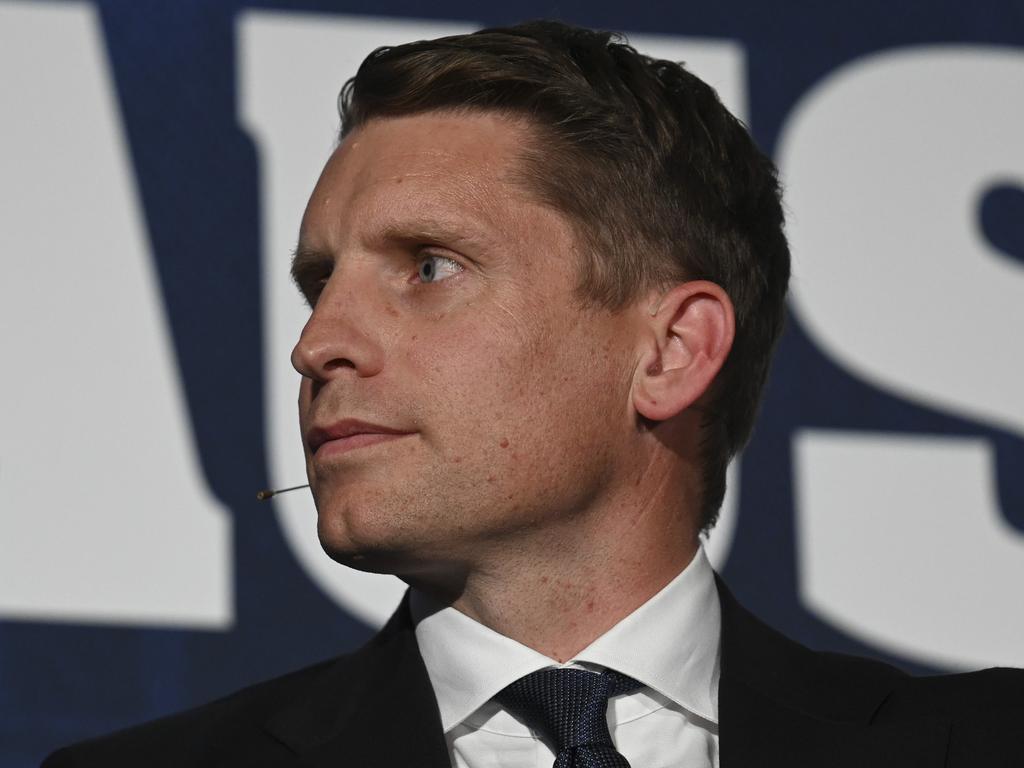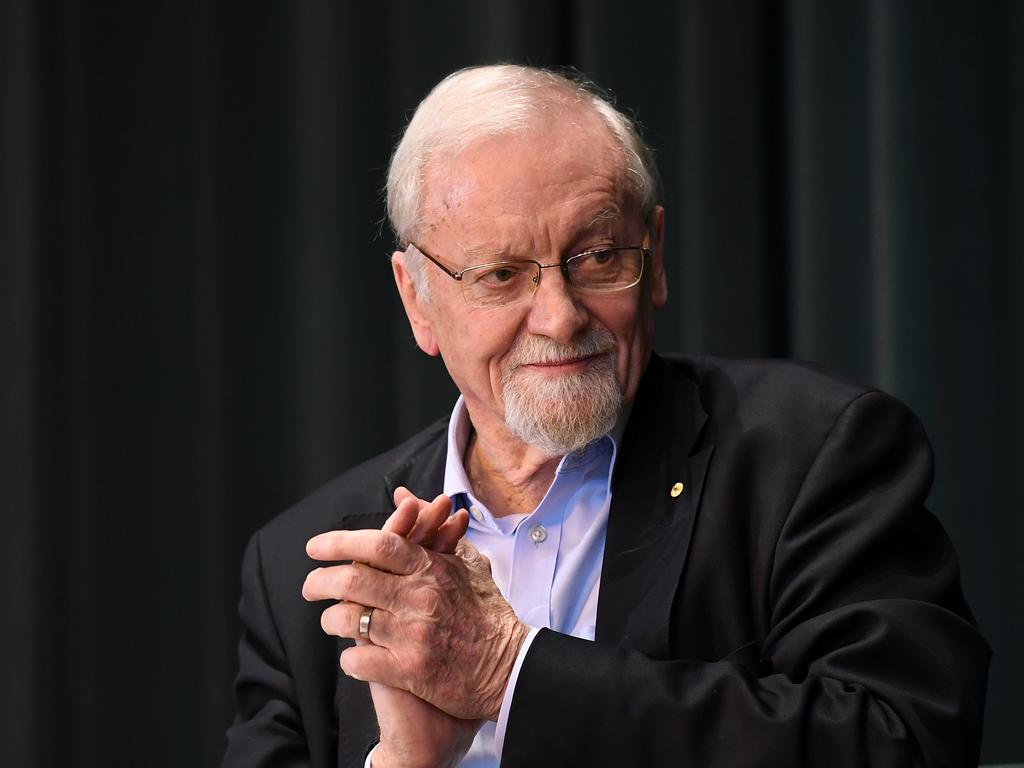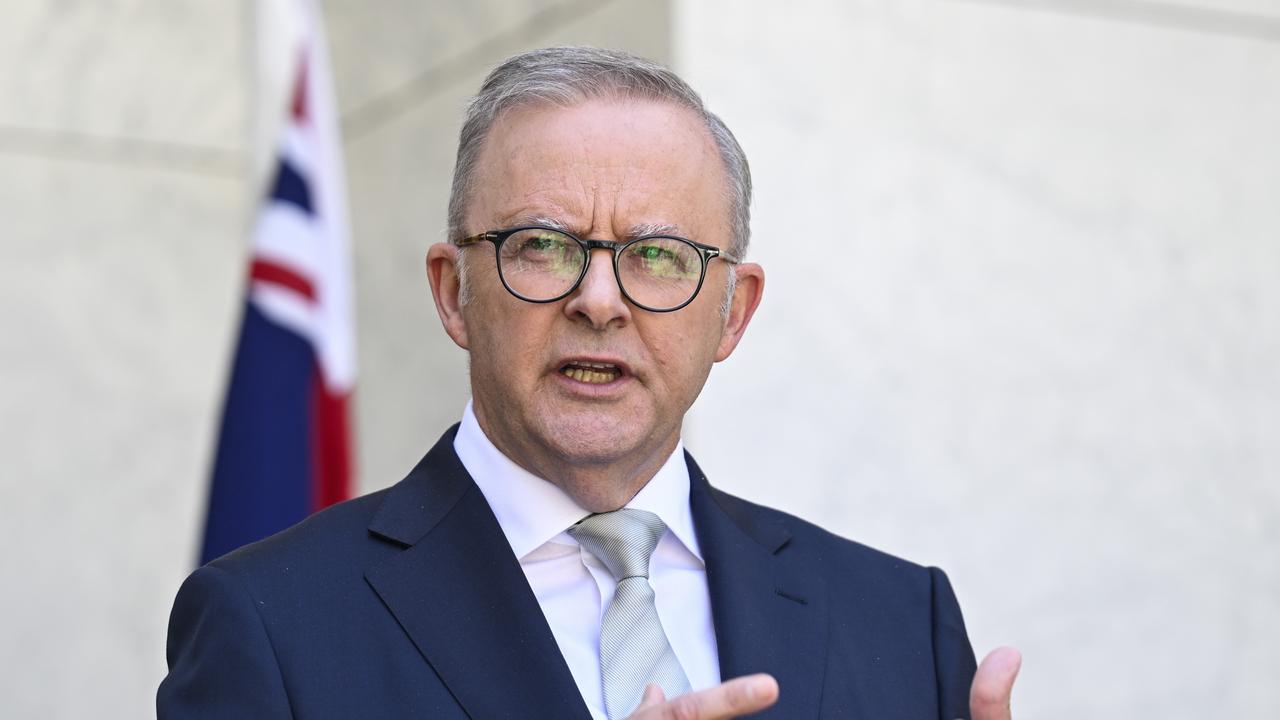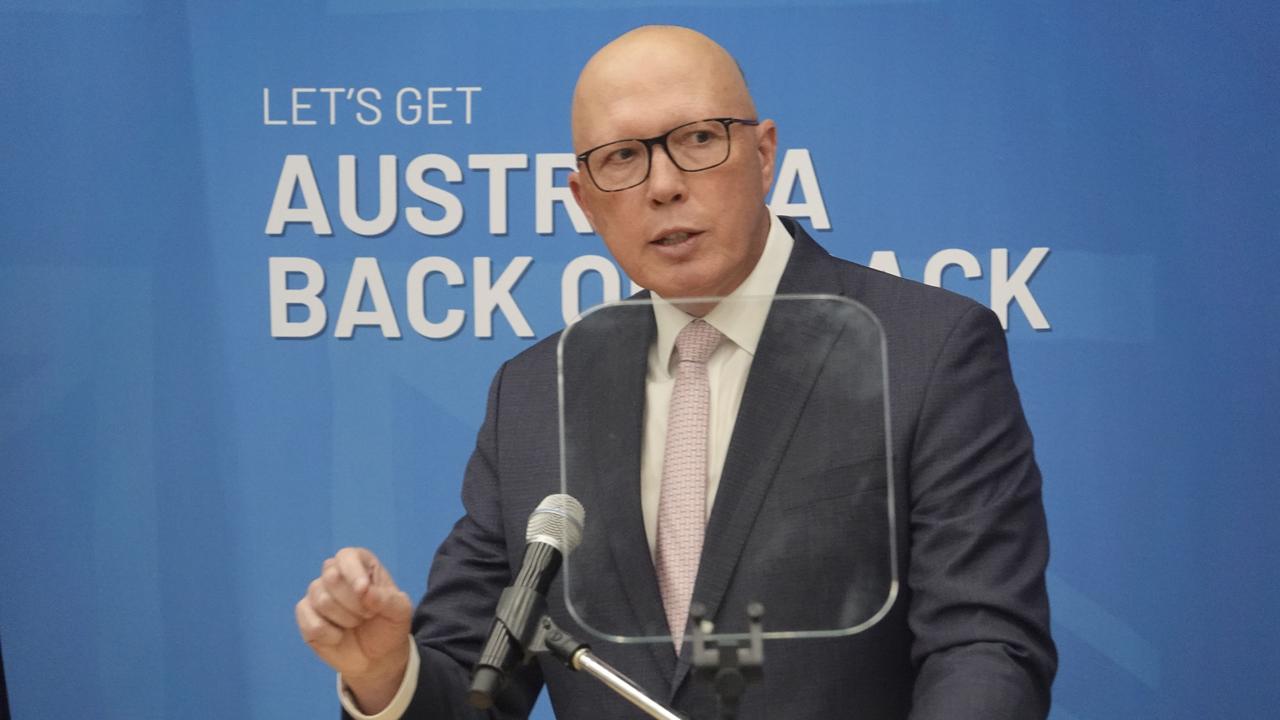AUKUS open to military technology co-operation with key allies
AUKUS architect and former prime minister Scott Morrison and the Coalition have welcomed the announcement on the pact but experts warn that the priority of the agreement should remain the three founding members.
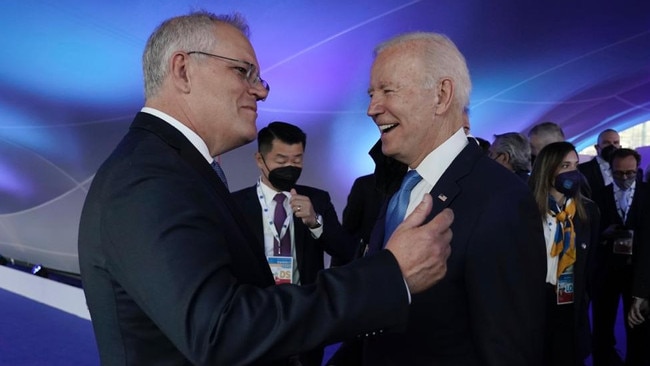
Former prime minister Scott Morrison has welcomed the potential inclusion of allies Canada, New Zealand, and South Korea to AUKUS Pillar II to share military technology, but experts are warning that broadening the defence alliance could undermine its relevance.
Mr Morrison, who negotiated the establishment of the tripartite pact with the US and Britain when he was prime minister, said it was a “good and welcome move, so long as AUKUS remains a highest common denominator partnership and harmonising and collaborating among founding AUKUS jurisdictions retains priority”.
Anthony Albanese, Britain’s Prime Minister Keir Starmer, and US President Joe Biden on Wednesday said “AUKUS partners and Japan are exploring opportunities to improve interoperability of their maritime autonomous systems as an initial area of co-operation” in a development revealed in The Australian on Tuesday evening.
“Recognising these countries’ close bilateral defence partnerships with each member of AUKUS, we are consulting with Canada, New Zealand and the Republic of Korea to identify possibilities for collaboration on advanced capabilities under AUKUS Pillar II,” the leaders said in a statement.
Opposition home affairs spokesman James Paterson said it “makes sense” for AUKUS to co-operate on a “case-by-case basis on Pillar II with other very close partners”.
“Partners like Japan, but also as we’re reading reports today, South Korea, New Zealand and Canada,” Senator Paterson said.
Strategic Analysis Australia director Peter Jennings said, however, it was best for AUKUS to remain exclusive to Australia, Britain and the US to keep its “relevance and force”.
“I think the most effective way to kill AUKUS would be to broaden it out too widely,” he said. “With maybe the odd exception if there’s technology that’s worth thinking about.”
Mr Jennings said the kind of trading and regulatory alignment that Australia, Britain and the US had undertaken under the AUKUS agreement to allow for military technology transfer had been “painstaking, highly detailed work” and he did not expect that co-operation with other countries like New Zealand and South Korea would be immediately forthcoming.
“I’d make a slight exception for Canada just because they’re effectively part of the sort of the North American defence industry system,” he said.
Australian National University international security professor John Blaxland said the technology-sharing AUKUS Pillar II had “always been the space where there’s been more opportunity for greater collaboration”.
“There’s already bilateral, multilateral collaboration on many of those technological fronts, regardless of AUKUS,” he said. “But formalising it through AUKUS is something that is going to perhaps bring some prestige to AUKUS and perhaps bring some prestige to the AUKUS partner countries.”
He said it was in Australia’s interest to keep the core of the AUKUS agreement among the original three parties “because we don’t want our influence diluted”.


